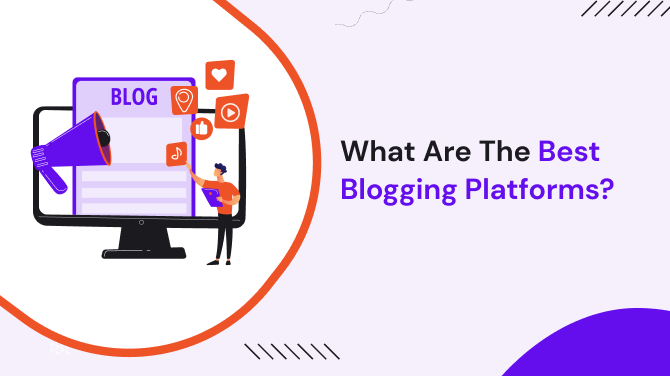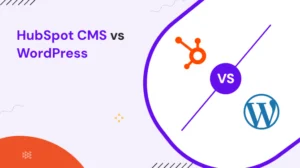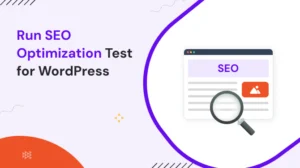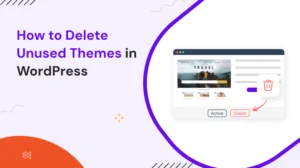It’s 2025, and your blog isn’t just a website. It’s a new era where AI crafts headlines, immersive visuals captivate readers, and your content goes viral before you finish your coffee. Sound like sci-fi? But it’s true. The right blogging platform can turn this vision into reality… but only if you choose wisely.
The digital industry is evolving faster than ever, and the wrong platform could leave you behind. So, how do you pick the best blogging platform in 2025 that’s agile, innovative, and tailored to your goals? Worry not; we are here for you.
In this post, we’re reviewing the top blogging platforms and comparing each with the most important needs, such as ease of use, customization, monetization options, and more. If you’re serious about building an audience, growing a brand, or turning passion into profit, this guide is for you.
Here We Discuss…
How To Choose the Best Platforms for Blogging?
A good blogging platform should meet your unique needs, whether you’re looking to share personal stories, build a business, or grow an online community. So, to find the answer, we have to ask questions, right?
Here are some simple questions to ask yourself before making a decision. They’ll help clear your mind, narrow down your options, and keep you from feeling overwhelmed.
- Why do you want to start a blog?
- How good are you at coding or building a website?
- What matters most to you about your blog?
- How often do you want to post on your blog?
- What kind of content will you post most?
- What’s your budget?
Why Your Blogging Platform Choice Matters More Than You Think
The blogging platform you choose isn’t just a technical detail, it’s a foundational decision that shapes everything that comes next. From the way your site looks and functions to how easily you can reach readers, build community, or even monetize your content. The platform sets the tone.
And as your goals evolve, that choice becomes even more important. A platform that works beautifully for a personal journal may fall short when you’re ready to build a newsletter list, sell products, or run a membership site.
Using different platforms may lead to certain questions. It increases if there’s a difference with your long-term plans.
Best Blogging Platform to Consider in 2025
Here, we will explore the best blogging platforms for 2025. Each platform offers unique features that cater to different needs and preferences.
1. WordPress.org – The King of Flexibility and Customization
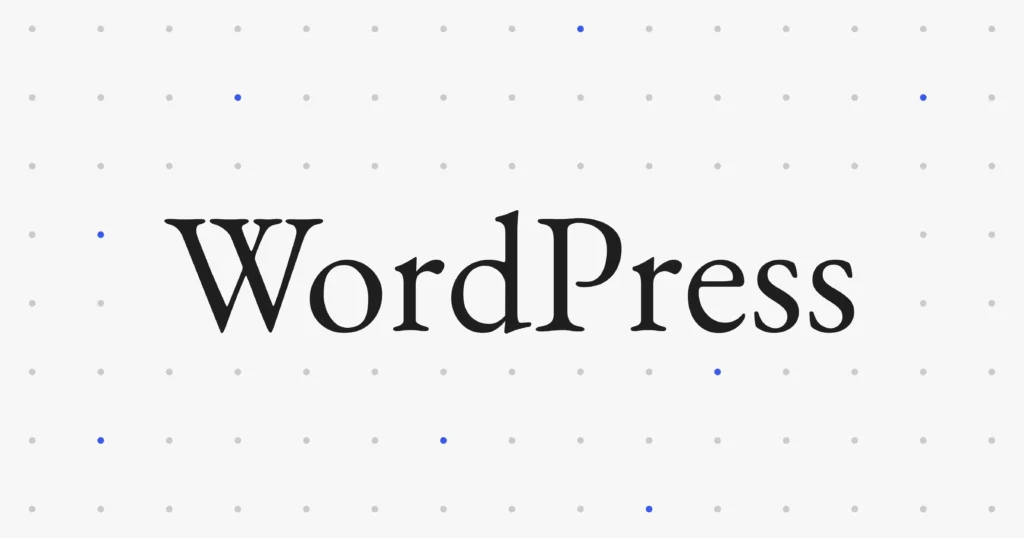
WordPress.org is often regarded as the most powerful and Best Open Source Blogging Platform available. It powers over 40% of the world’s websites and is famous for its flexibility, customization options, and vast ecosystem of plugins and themes.
In 2025, WordPress.org continues to be the go-to choice for serious bloggers and businesses.
Key Features:
- Open-source: WordPress.org is free to use, though you’ll need to pay for hosting and a domain name.
- Full Control: You have complete control over your website’s design, functionality, and content.
- Plugins and Themes: With thousands of free and premium themes, you can design your blog exactly how you want it. Additionally, plugins allow you to add features like SEO optimization, security, e-commerce, and more.
- Scalability: WordPress is highly scalable, meaning it can grow with your blog as your audience expands.
Who Is It Best For?
- Bloggers who want full control over their site.
- Those who need advanced customization options.
- Users planning to scale their blogs into businesses or websites.
2. WordPress.com – A Hosted Solution for Simplicity
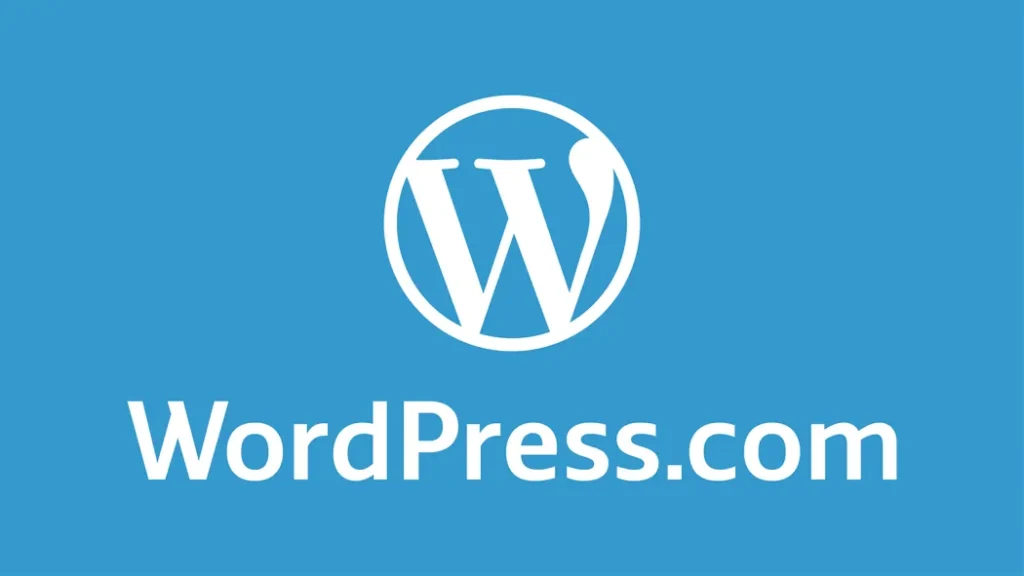
While WordPress.org requires self-hosting, WordPress.com is a hosted platform. It’s an excellent option for bloggers who want the power of WordPress but without the need for technical know-how & one of Good Free Blog Platforms.
Key Features:
- Free Plan Available: WordPress.com offers a free tier with basic features, but you can upgrade for additional functionality.
- Automatic Hosting: WordPress.com takes care of hosting, security, and maintenance.
- Premium Features: With paid plans, you get access to advanced features like custom themes, Google Analytics, and more.
- Ease of Use: The platform is simple and user-friendly, with an intuitive dashboard for creating and managing posts.
Who Is It Best For?
- Beginner bloggers or those who don’t want to manage hosting.
- Bloggers who need a hassle-free setup.
3. Wix – Best for Beginners with Drag-and-Drop Ease
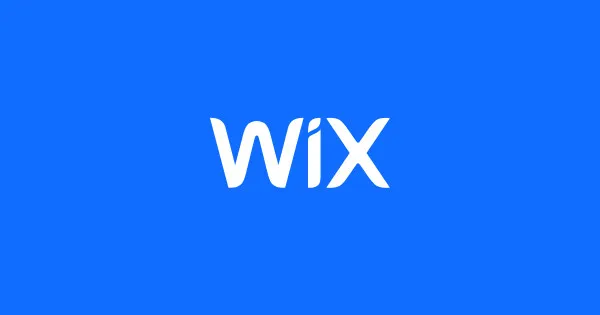
Wix is a website builder that’s famous for its drag-and-drop interface, making it one of the easiest platforms to use. It’s particularly popular among those Best Paid Blogging Platform and who are just starting out in blogging and want to build a site without any coding knowledge.
Key Features:
- Drag-and-Drop Builder: Create a stunning blog without needing any coding skills.
- Templates: Choose from hundreds of pre-designed templates that can be customized to fit your brand.
- All-in-One Solution: Hosting, security, and maintenance are all taken care of by Wix.
- Mobile Optimization: Every site built with Wix is automatically optimized for mobile devices.
Who Is It Best For?
- Complete beginners who want an easy and fast way to create a blog.
- Bloggers looking for beautiful, ready-made templates.
4. Squarespace – A Beautiful Platform for Creative Bloggers
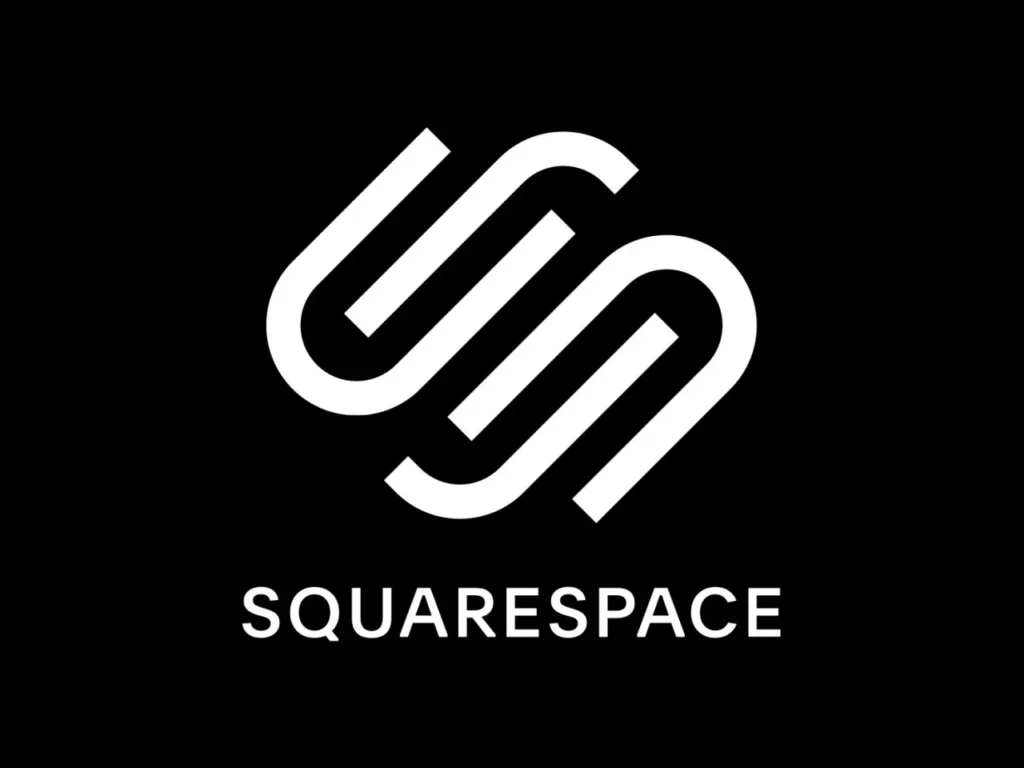
Squarespace is known for its stunning design templates, making it an excellent choice for creative bloggers who want their websites to look polished and professional.
Key Features:
- Design-Focused: Squarespace’s templates are visually striking and perfect for portfolios, photography blogs, and design-centric blogs.
- All-in-One: Like Wix, Squarespace handles hosting, security, and maintenance.
- Customization: While customization is a bit more limited compared to WordPress, Squarespace’s design options are more than enough for most users.
- E-commerce Support: Squarespace offers robust e-commerce features, making it easy to sell products directly from your blog.
Who Is It Best For?
- Creative professionals like photographers, artists, or designers.
- Bloggers who prioritize aesthetics and easy-to-use design tools.
5. Ghost – The Minimalist Blogger’s Choice
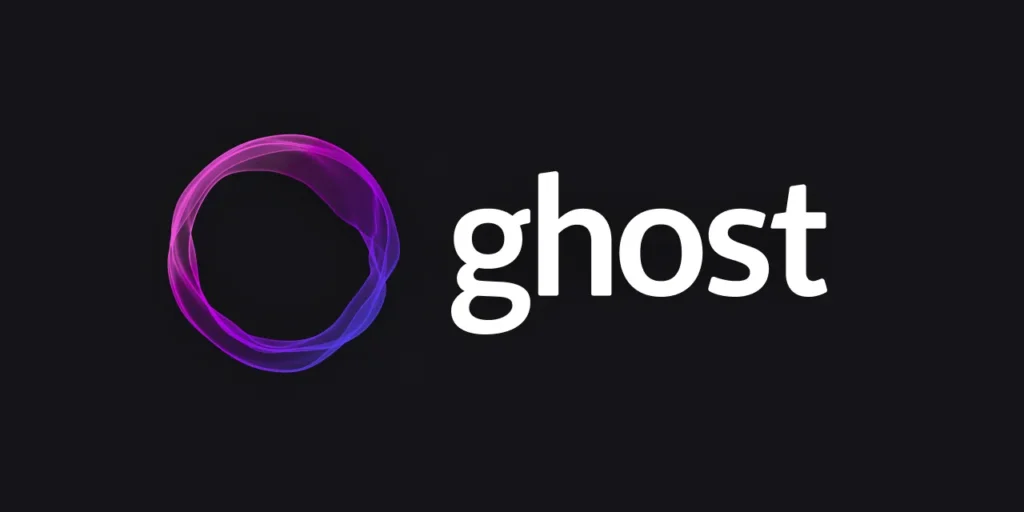
Ghost is a minimalist blogging platform focused on speed and simplicity. It’s perfect for bloggers who want to publish content without distractions and who prefer a clean, no-fuss interface or for travel its Best Travel Blogging Platform
Key Features:
- Open Source: Like WordPress.org, Ghost is open-source, meaning you can host it on your own server.
- Focus on Content: Ghost is built specifically for bloggers, with a sleek interface that makes content creation easy and fast.
- Built-in SEO: Ghost comes with strong SEO features out-of-the-box, including customizable meta tags and structured data.
- Subscription Features: Ghost has excellent built-in tools for managing email subscribers and paid memberships.
Who Is It Best For?
- Bloggers who want a clean, distraction-free writing experience.
- Those focused on content and community building.
6. Medium – A Social and Community-Driven Platform
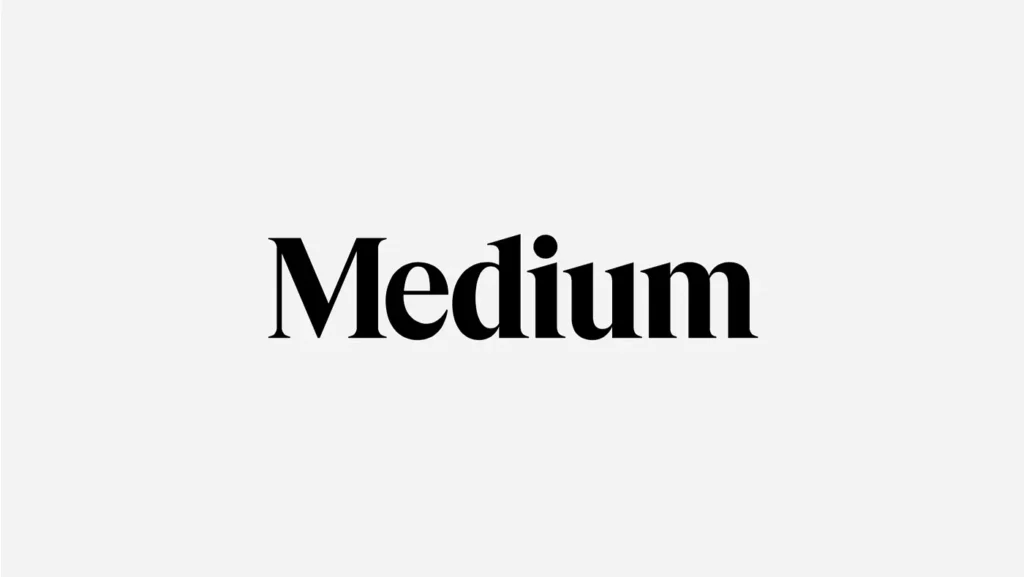
Medium is a Good Blogging platform with a built-in audience. If you want to reach readers who are already interested in your topics, Medium can be an excellent choice.
Key Features:
- Audience Reach: Medium has a built-in community, meaning your posts can get exposure to thousands of readers without any SEO work.
- Simple Interface: The platform is very easy to use, with a minimalist design that allows you to focus on writing.
- Monetization: You can earn money through the Medium Partner Program, where you get paid based on how many people read and engage with your posts.
Who Is It Best For?
- Writers and bloggers who want to focus on content and don’t need extensive customization.
- Those looking for an established community of readers.
7. Substack – Perfect for Newsletter-Style Blogs
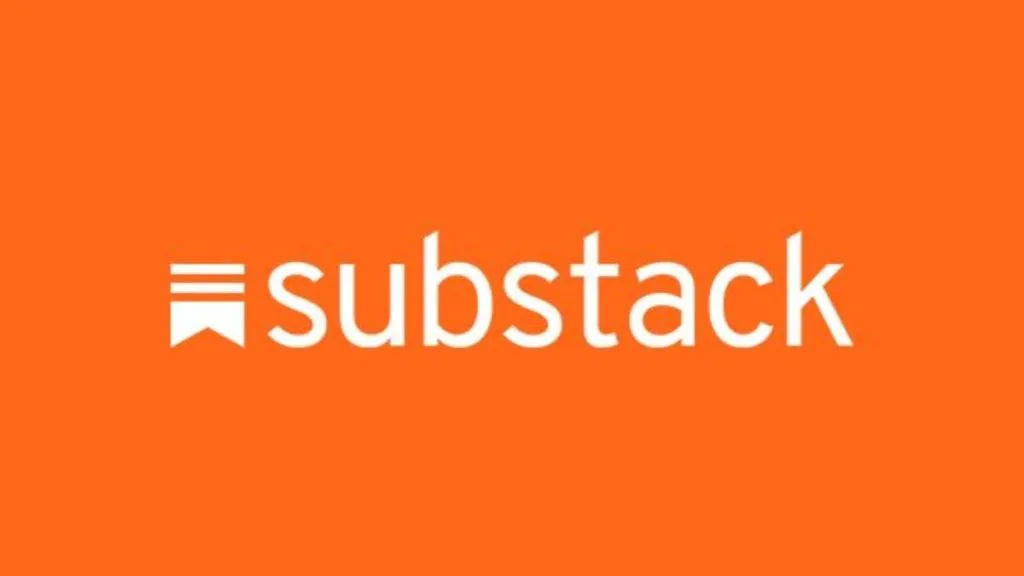
Substack has taken the blogging world by storm, offering a platform that combines blogging with email newsletters. It’s ideal for bloggers looking to monetize their content through paid subscriptions.
Key Features:
- Newsletter-Focused: Substack makes it the Best Tech Blogging Platform and makes it easy to send email newsletters to your subscribers, keeping your audience engaged.
- Monetization: The platform allows you to charge for access to your content, creating a direct revenue stream.
- Ease of Use: Substack is simple to set up and use, with no technical expertise required.
Who Is It Best For?
- Bloggers who want to build a paid subscriber base.
- Those interested in monetizing their writing through email subscriptions.
8. Blogger – The Old Platform for Simplicity and Ease

Blogger, owned by Google, has been around for a long time and remains a popular choice for beginners. While it may not offer as many advanced features as newer platforms, it can be the Best Blogging Platform For Travel, and it’s still a reliable option for simple blogs.
Key Features:
- Free to Use: Blogger is entirely free and provides a Google-powered blogging experience.
- Easy Integration with Google Tools: Since it’s owned by Google, Blogger works seamlessly with other Google services like Google Analytics and AdSense.
- Limited Customization: Blogger’s design options are more limited compared to platforms like WordPress and Squarespace, but it’s easy to get started.
Who Is It Best For?
- New bloggers looking for a simple and free platform.
- Those who don’t need advanced customization or features.
Compare Blogging Platforms: Overview
| Platform | Ease of Use | Customization | Monetization | SEO Features | Support |
| WordPress Org | Moderate | High | Full control | Excellent (Plugin) | High |
| WordPress Com | Easy | Limited | Built-in options | Decent (better on paid plans) | High |
| Wix | Easy | Drag & drop, templates | Built-in + apps | Good (with limitations) | High |
| Squarespace | Easy | Stylish templates | Built-in options | Good (basic controls only) | High |
| Ghost | Moderate | Clean, minimal | Membership, subscriptions | Good (fast & clean) | Medium |
| Medium | Very Easy | Very limited | Partner Program | Too Basic | Medium |
| Substack | Very Easy | Minimal | Subscriptions | Too Basic | Medium |
| Blogger | Easy | Limited | AdSense | Basic | High |
Choosing the Best Blogging Platform Based on Your Needs
Each blogger’s needs are different. Whether you’re blogging for fun, for business, or to make money, there’s a platform that fits your goals. Here are some recommendations based on different scenarios:
| Your Need | Platform Best For You |
| Blogging for Personal Expression | Medium or Blogger are great choices. These platforms are easy to use and don’t require much technical knowledge, allowing you to focus on your content. |
| Professional and Business Blogging | WordPress.org or Squarespace are excellent options. These platforms provide the scalability & customization you need to create a polished, professional blog. |
| Blogging for Niche Communities | Ghost is a solid and Best Blogging Platform choice. It’s designed for creators who want a minimalist approach to blogging while offering subscription options for building a community. |
| Blogging for Monetization | WordPress.org, Substack, or Medium are the best choices. These platforms offer powerful tools for monetization through ads, paid subscriptions, or affiliate marketing. |
Future Trends in Best Blogging Platforms
In 2025, the blogging landscape continues to evolve. Here are some key trends shaping the future of the Best Blogging Platform:
1. AI and Automation in Blogging
Artificial Intelligence (AI) is making its way into blogging platforms, helping users generate content, optimize SEO, and automate marketing tasks. This trend is expected to continue growing, making it easier for bloggers to manage their sites.
2. The Role of Mobile Optimization
With more people browsing the Internet on mobile devices, platforms are focusing heavily on mobile optimization. In 2025, you can expect even more advanced, mobile-friendly templates and features for bloggers.
3. Evolving User Experience (UX) on Platforms
As competition grows, blogging platforms are focusing on improving user experience (UX). Expect faster load times, better navigation, and smarter content recommendations to enhance how you interact with your blog.
Conclusion
There’s no perfect platform, your requirement makes it so. Whether you’re interested in a personal journal, launching a business, or growing an online readership, the best blogging platform in 2025 is the one that supports your workflow, your goals, and your audience.
Don’t get stuck chasing trends or get overwhelmed by too many features. Pick wisely, but don’t overthink it. Start where you are. Grow as you go. Most importantly, keep writing because no platform matters more than the words you consistently share.
FAQs
Which blogging platform is best for beginners in 2025?
Wix and WordPress.com are great choices for beginners, offering easy-to-use interfaces and a variety of templates.
Can I make money blogging on Medium?
Yes, you can earn money on Medium through the Medium Partner Program, which compensates you based on engagement with your posts.
What is the Best Blogging Platform for SEO?
WordPress.org is widely considered the best blogging platform for SEO due to its extensive plugins and customization options.
Is Ghost suitable for beginners?
Ghost is more suitable for bloggers who prefer simplicity but may require a bit of a learning curve for full customization.
How do I monetize my blog on WordPress?
You can monetize your WordPress blog through ads, affiliate marketing, and selling digital products or services.
Can I switch blogging platforms easily?
Switching platforms can be complex, especially if you have a lot of content. Make sure to back up your blog and consider professional help if necessary.
